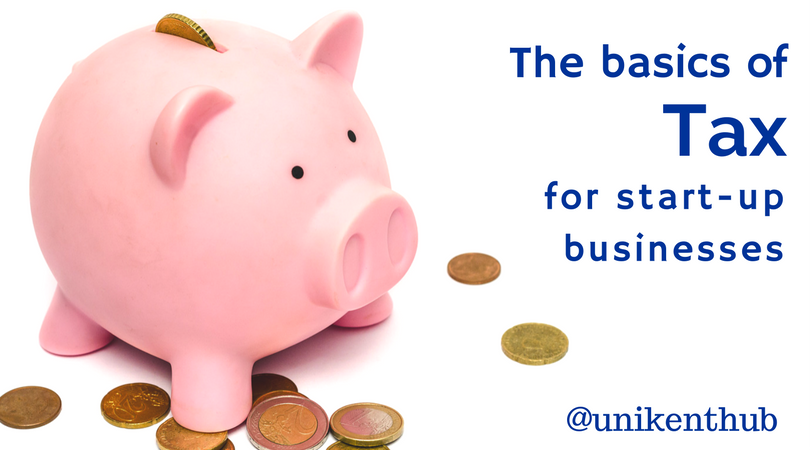Taxes
I’m sure you are never short of hearing about taxes. Everybody pays them (or is meant to) and it can affect your business, if you’re a limited company you will be responsible for your tax return each year It’s important because if you fail to pay, you could be fined daily by HMRC.
Corporation Tax is a tax on taxable profits. If your company or organisation is based in the UK, you have to pay Corporation Tax on all your taxable profits – even if these profits have come from selling product abroad. However, if your company isn’t based in the UK but operates here- for example through an office or branch – you only have to pay Corporation Tax on any taxable profits arising from your UK activities.
You will need to tell HMRC your business is liable for Corporation Tax – You need to do this within three months of starting a limited company. You can do this by completing their forms online. If you don’t you could be liable.
Pay the right amount of Corporation Tax on time, if you don’t you could be fined an amount each day you go over the deadline. The deadline is usually before the deadline for sending your Company Tax return so make sure you pay this nine months after the end of your financial year. This doesn’t necessarily go from January to December; it can go from whenever you start your business, so it may go from May to April.
File a Company Tax Return and supporting documents which includes a Company Tax Return form and supporting documentation within 12 months of the end of your financial year. To work out your taxable profits, you start with your company’s pre-tax profit for the financial year. You then:
Add back any depreciation charges you’ve included in your accounts
Deduct your capital allowances (they take the place of depreciation charges)
Add any other relevant income or chargeable gains
Deduct any other relevant deductions, reliefs, allowances or losses
Apply the relevant tax rate(s) to calculate your gross Corporation Tax payable
Deduct any relevant tax credits and any Income Tax already deducted from interest income your company received (for example the tax deducted by your bank before it paid you interest)
Tax can sound really daunting and if it isn’t your strong point you can hire an accountant to help you. Alternatively come and speak to our Business Advisor for some help and tips on 01227 824641.

Value Added Tax (VAT)
Yes it’s more tax you have to pay but this time its value added tax – is a tax levied on sales of goods and services. Think of it as a tax on the value you add to products and services – in other words, on the price difference between what you’ve paid and what you charge for a product. Not all businesses need to register for VAT but to be on the safe side visit the HMRC website for details at http://www.hmrc.gov.uk/vat/index.htm
You pay VAT on the items or services you buy from other business and you charge VAT on the items or services you sell to other businesses and customers (if you are VAT registered). The idea is the VAT you pay and the VAT you charge roughly equals out – if it doesn’t, you level the balance with HMRC. That’s what your VAT return is for. There are different rates of VAT, at the moment in the UK its 20%. Most items are standard rate unless they specifically say otherwise but you can check this on the website previously mentioned. Some items such as certain foods carry a zero VAT rate. Certain things are exempt from VAT, such as insurance, providing credit, education, fund-raising events by charities, membership subscriptions and most services provided by doctors and dentists, but again, it’s always best to check.
You have to charge VAT on every sale you make to other business or customers – in other words, you have to add it to the price. You do that by multiplying the cost by the VAT rate percentage, then adding that to the cost of the item or service. You separate out VAT on receipts, showing the cost (before VAT), the cost of VAT and what rate it was charged at, then the total. You have to keep records of all VAT transactions. That’s VAT you’ve charged on sales and VAT you’ve been charged on purchases.
If you are struggling with the concept of VAT and other taxes you may want to invest in an accountant. If you get this side of things wrong you may receive a fine or bill from the HMRC.
Hub for Innovation and Enterprise offers free business advice sessions to all students, staff and graduates of the University to help them develop and progress their business ideas. These 1-1 session are completely confidential and free of charge.
Initially you will meet with a member of the Hub Team, who will provide: guidance, basic information, and suggestions; and will then signpost you to the relevant Hub Advisors and Mentors for more advanced business advice.
Business advice sessions can be booked by contacting the Hub for Innovation and Enterprise team on 01227 (82)4641 or emailing unikenthub@kent.ac.uk [1].

